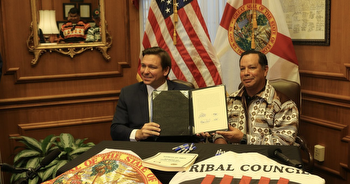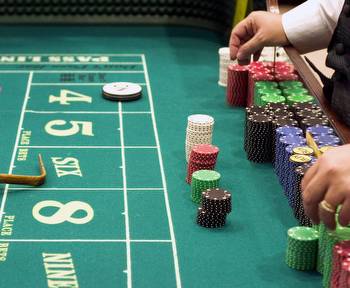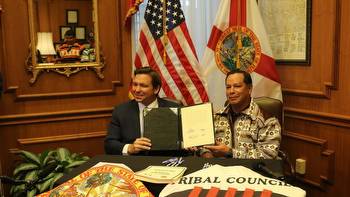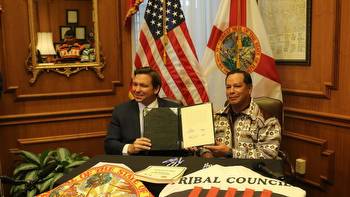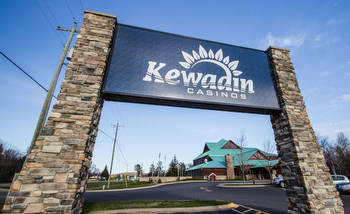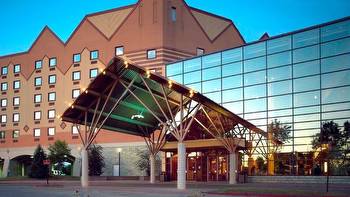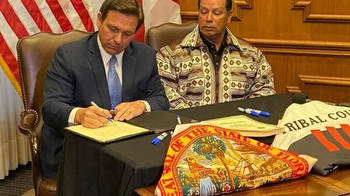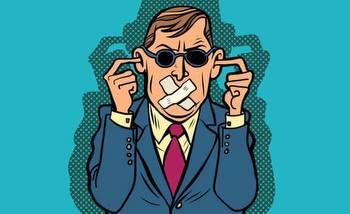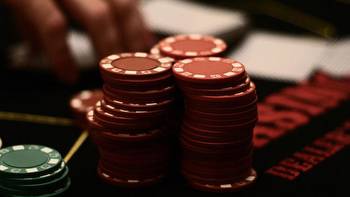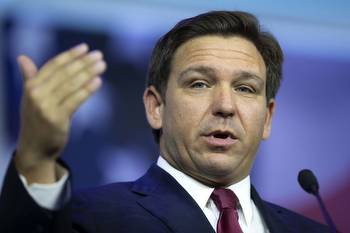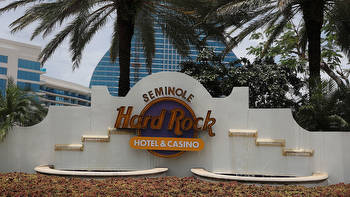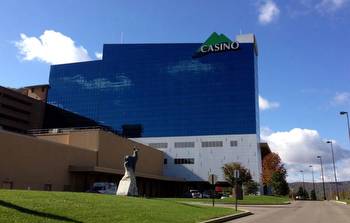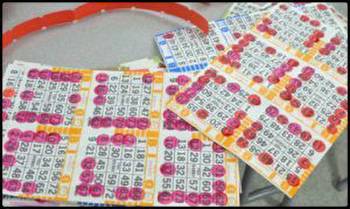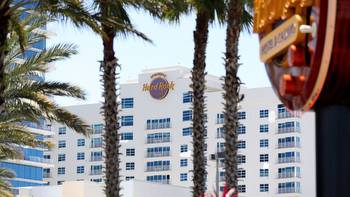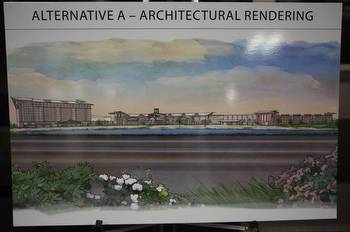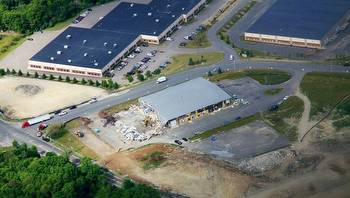Kewadin Casinos Gaming Authority must pay $60M for unbuilt casino
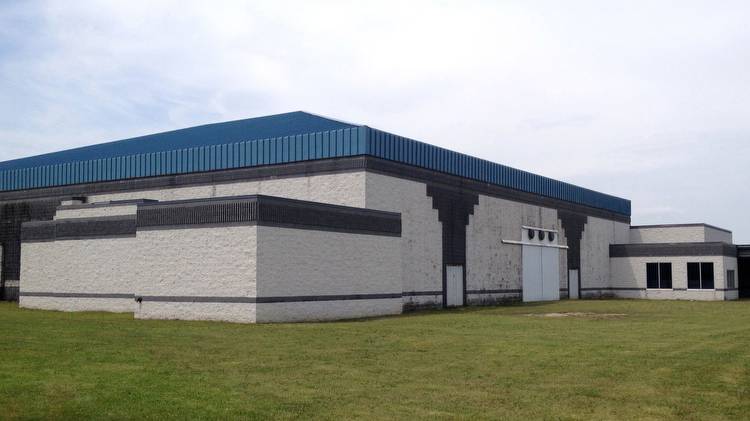
A judge has ruled that a tribal gaming authority must pay more than $88 million in damages to investors over failed plans to build an off-reservation casino near Detroit Metro Airport and another in downtown Lansing.
The Ingham County Circuit Court judge this week found the Kewadin Casinos Gaming Authority liable for not only repaying, with interest, $9 million in loans from two groups of investors, but also the investors' loss of potential future profits from the unbuilt casinos.
The total damages bill facing Kewadin, which belongs to the Sault Ste. Marie Tribe of Chippewa Indians, is $60 million for the unbuilt casino in Huron Township near Metro Airport and $28.8 million for the unbuilt casino in Lansing, court documents say.
Judge Joyce Draganchuk has yet to issue a final judgement, although her Monday ruling entitled the investors to damages for breach of contract and fraudulent misrepresentation by Kewadin. The judgement is likely to be appealed to the Michigan Court of Appeals.
A representative for Kewadin and the Sault tribe declined comment Thursday.
In both casino plans, the Sault tribe was unsuccessful in getting the U.S. Department of the Interior to put the land for the sites into trust, a necessary step for building off-reservation casinos.
The Huron Township casino would have operated in a vacant 71,000-square-foot megachurch building in the woods off I-275 that was to be redeveloped. The plan drew opposition from the three Detroit casinos and several Michigan tribes that run their own casinos.
The Sault tribe is the largest tribe within Michigan by membership and currently operates five small Kewadin casinos in the U.P. It is the same tribe that opened Detroit's Greektown Casino as a non-tribal venture before losing it to bankruptcy in 2008.
The two non-tribe investor groups for the Huron Township and Lansing plans sued the Kewadin gaming authority for breaching casino development contracts. Under those contracts, the investors were to finance temporary casinos that Kewadin would operate and Kewadin was to repay the financing through a portion of the casinos' operating profits.
The investor groups claim in their lawsuit that the tribe made false representations that it could easily acquire the lands for the casinos and have the lands put into trust.
The Department of Interior ultimately declined the tribe's request for the Huron Township site, saying the Sault failed to prove how the proposal would satisfy a legal requirement that new land put into trust improve or enhance tribal lands, particularly because Wayne County is far from the Sault's existing lands in the U.P.
The tribe then sued the Department of Interior. The U.S. District Court for the District of Columbia sided with the tribe, but the ruling was reversed last year by the District of Columbia Court of Appeals.
In the Ingham County case brought by the investors, Kewadin argued that it should owe zero damages because of sovereign immunity and a non-recourse provision in the development contracts.
However, the judge's ruling says the development deals had clear waivers of sovereign immunity and that the non-recourse provisions in the contract don't apply to the investors' claim for damages for fraudulent misrepresentation.
The investor groups suing Kewadin are JLLJ Development, which was financing the Huron Township casino and has 38 members, and Lansing Future Development II, which has 18 members.








